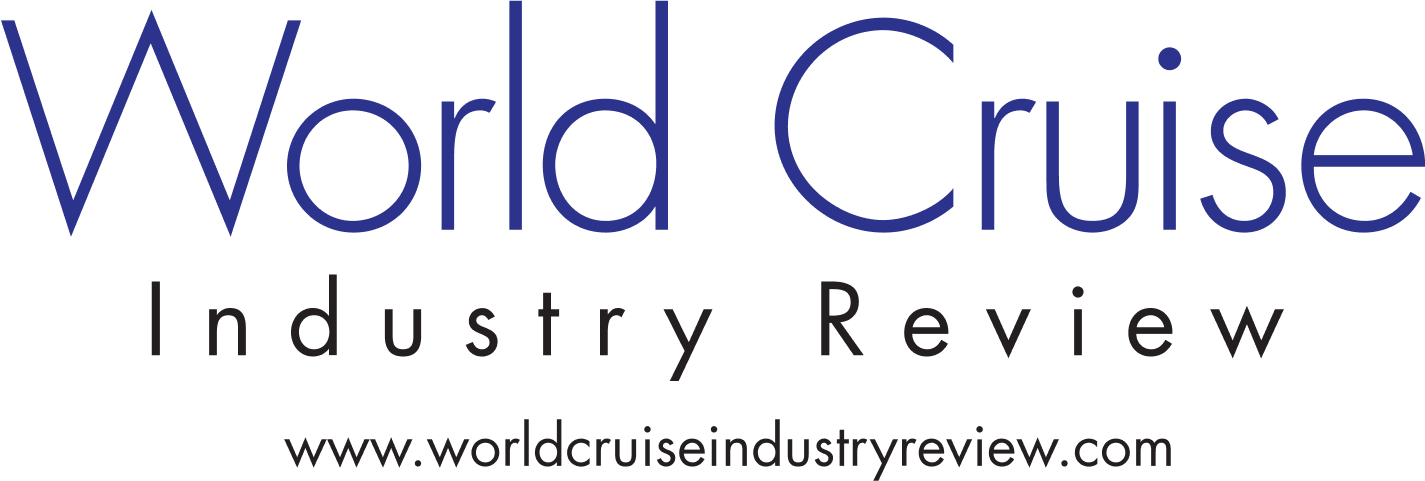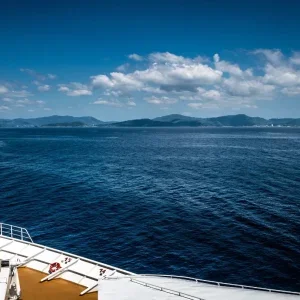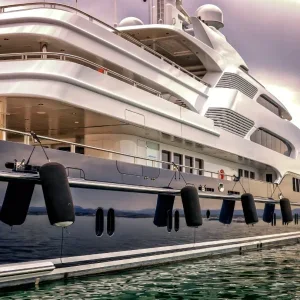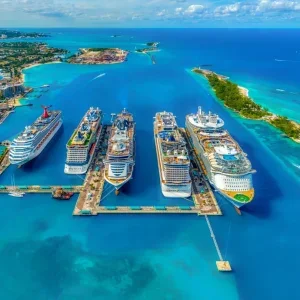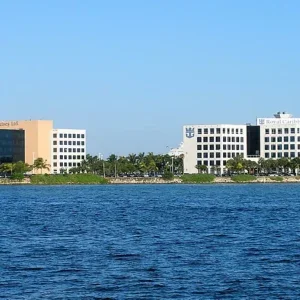
The cruise industry has long been a symbol of luxury and adventure, offering travellers the chance to explore exotic destinations while enjoying first-class amenities. However, in recent years, the industry has faced significant challenges, not least of which is the proliferation of misinformation and disinformation. These issues, exacerbated by the digital age, have far-reaching consequences for the cruise industry, impacting customer perceptions, regulatory environments, and business operations. This article delves into the distinctions between misinformation and disinformation, explores their effects on the cruise industry, and discusses strategies to mitigate their impact.
Understanding Misinformation and Disinformation
Misinformation refers to false or inaccurate information that is spread without malicious intent. Individuals sharing misinformation often believe it to be true and do so unwittingly. In contrast, disinformation is deliberately false information disseminated with the intent to deceive or manipulate public opinion. Both forms of information distortion can have significant repercussions, but disinformation is particularly harmful due to its deliberate nature.
The Impact on the Cruise Industry
Customer Trust and Perception
The cruise industry relies heavily on customer trust. Potential passengers need to feel confident in the safety, reliability, and overall quality of their cruise experience. Misinformation and disinformation can erode this trust in various ways:
- Health and Safety Concerns: False information about health risks, such as norovirus outbreaks or Covid-19 safety measures, can deter potential customers. For instance, during the Covid-19 pandemic, there were numerous reports and social media posts exaggerating the risks associated with cruising, leading to significant drops in bookings.
- Environmental Impact: Disinformation campaigns targeting the environmental practices of cruise lines can influence public perception negatively. Accusations of pollution and environmental degradation, even when unfounded or exaggerated, can harm a cruise line’s reputation.
- Operational Disruptions: Misinformation about itinerary changes, port closures, or onboard incidents can cause confusion and dissatisfaction among passengers, potentially leading to cancellations and refunds.
Regulatory Challenges
Government agencies and regulatory bodies monitor the cruise industry closely to ensure compliance with health, safety, and environmental standards. Misinformation and disinformation can complicate these relationships:
- Policy Responses: False information can prompt unnecessary regulatory changes or overreactions. For example, exaggerated claims about pollution could lead to stricter regulations that might not be warranted based on actual data.
- Public Pressure: Regulatory bodies may face increased pressure from the public to act on misinformation, resulting in hasty or ill-considered policy decisions.
Financial Implications
The financial health of cruise companies can be severely affected by misinformation and disinformation:
- Stock Market Volatility: Public companies in the cruise sector can experience stock price fluctuations based on rumours and false reports. For example, news of a purported outbreak on a cruise ship can lead to a sudden drop in stock prices.
- Legal Costs: Companies may incur legal expenses to combat disinformation, including defamation lawsuits and crisis management efforts.
Case Studies
The Covid-19 Pandemic
The Covid-19 pandemic is a prominent example of how misinformation and disinformation have impacted the cruise industry. Early in the pandemic, cruise ships were labelled as “floating petri dishes,” and numerous reports, both accurate and inaccurate, circulated about infection rates and quarantine measures. The industry’s response included enhancing health protocols and communication strategies, but the damage to public perception was significant and prolonged.
Environmental Disinformation
In recent years, several environmental organisations have targeted the cruise industry with campaigns highlighting pollution and ecological damage. While some criticisms are based on legitimate concerns, there have also been instances of disinformation aimed at tarnishing the industry’s image. For example, videos and photos purportedly showing severe pollution caused by cruise ships have sometimes been taken out of context or manipulated.
Strategies to Combat Misinformation and Disinformation
Proactive Communication
Cruise companies can mitigate the effects of misinformation and disinformation through proactive and transparent communication. Key strategies include:
- Regular Updates: Providing regular updates on health and safety measures, environmental practices, and operational changes can help keep the public informed and reduce the spread of false information.
- Engaging Content: Using blogs, social media, and other digital platforms to share positive stories, behind-the-scenes looks, and factual information about the cruise experience can help build a positive narrative.
Collaboration with Authorities and Media
Working closely with regulatory bodies, health organisations, and credible media outlets is crucial:
- Partnerships: Developing partnerships with health authorities like the World Health Organization and environmental groups can enhance credibility and provide a platform for accurate information dissemination.
- Media Training: Ensuring that spokespersons and key personnel are trained to handle media inquiries and provide clear, concise, and accurate information is essential.
Monitoring and Rapid Response
Implementing robust monitoring systems to track misinformation and disinformation is vital:
- Social Listening Tools: Utilising social listening tools to monitor online conversations and identify false information early allows companies to respond promptly.
- Crisis Management Teams: Having dedicated crisis management teams in place to address misinformation and disinformation swiftly and effectively can minimise damage.
Legal Actions
In cases where disinformation is particularly harmful and deliberate, legal action may be necessary:
- Defamation Lawsuits: Pursuing defamation lawsuits against individuals or entities spreading harmful disinformation can serve as a deterrent and help clear the company’s name.
- Regulatory Complaints: Filing complaints with relevant regulatory bodies can sometimes lead to actions against perpetrators of disinformation.
The Role of Industry Associations
Industry associations like the Cruise Lines International Association (CLIA) play a critical role in combating misinformation and disinformation:
- Unified Voice: By providing a unified voice, these associations can advocate for the industry, present accurate information, and counteract false narratives.
- Research and Data: Conducting and publishing research on health, safety, and environmental practices helps to provide factual bases for public discourse and policy decisions.
Conclusion
Misinformation and disinformation pose significant challenges to the cruise industry, impacting customer trust, regulatory environments, and financial stability. However, by understanding these issues and implementing proactive strategies, the industry can navigate these turbulent waters. Transparent communication, collaboration with authorities, vigilant monitoring, and, when necessary, legal action are essential tools in the fight against false information. As the industry continues to recover and evolve, addressing misinformation and disinformation will be crucial to rebuilding and maintaining a positive public perception and ensuring long-term success.
